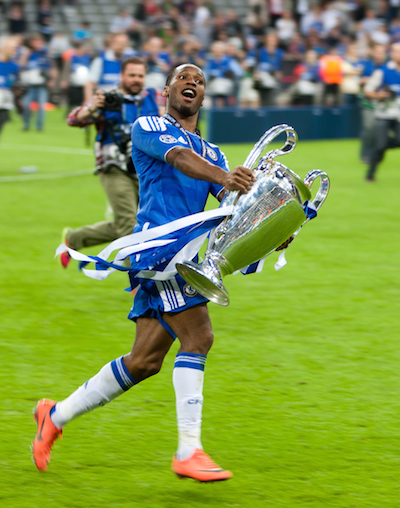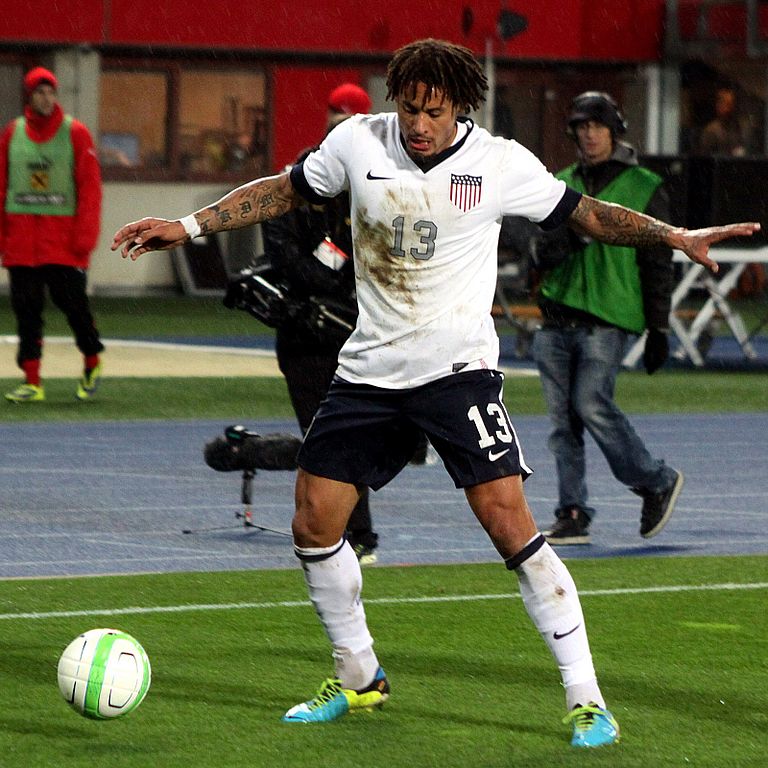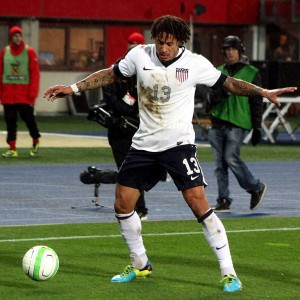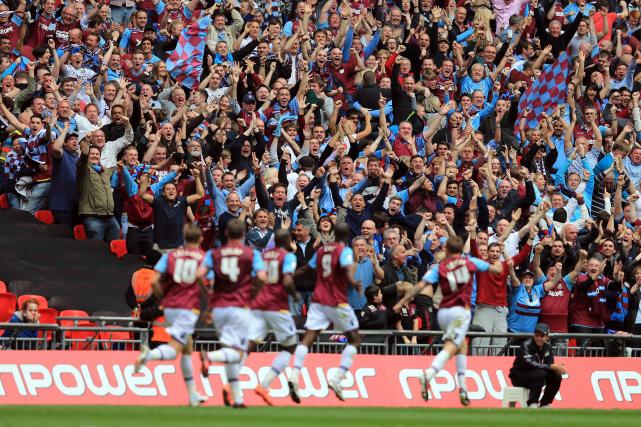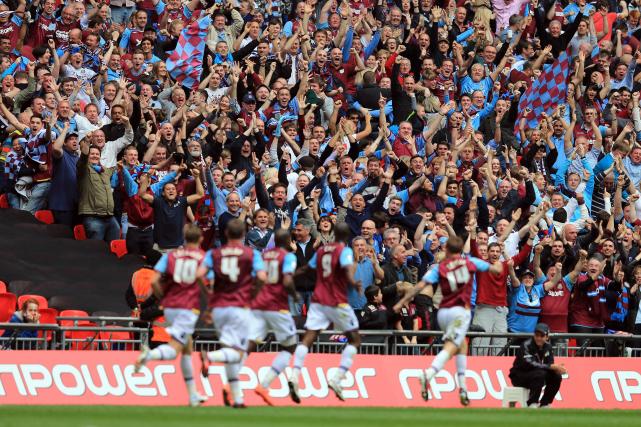 One of my favorite parts of writing Dear Sports Fan is reading other great writers cover sports in a way that’s accessible and compelling for the whole spectrum from super-fans to lay people. Here are selections from some of the articles this week that inspired me. Sports can be followed on many levels. For some fans, only the action that takes place during the games matters. For most fans, following sports means watching games, learning the personalities of players and coaches, and following the business of sports attentively. For most of this fall, the leading story in the business of sports has been the mishandling of domestic violence by the NFL. Bryan Curtis of Grantland argues that, although the focus of the storm, NFL commissioner Roger Goodell, is still standing, the public uproar has had some positive impact. Despite the storm, the NFL is still eyeing potential expansion to London. Jenny Vrentas writes about how the NFL might work in London in The MMQB. Meanwhile, established international sport organizations are receiving their fair share of criticism as well. Dan Wetzel and Tom Ley wrote wonderfully about the International Olympic Committee, rivaled in its corruption and general crumminess by the international soccer organization FIFA.
One of my favorite parts of writing Dear Sports Fan is reading other great writers cover sports in a way that’s accessible and compelling for the whole spectrum from super-fans to lay people. Here are selections from some of the articles this week that inspired me. Sports can be followed on many levels. For some fans, only the action that takes place during the games matters. For most fans, following sports means watching games, learning the personalities of players and coaches, and following the business of sports attentively. For most of this fall, the leading story in the business of sports has been the mishandling of domestic violence by the NFL. Bryan Curtis of Grantland argues that, although the focus of the storm, NFL commissioner Roger Goodell, is still standing, the public uproar has had some positive impact. Despite the storm, the NFL is still eyeing potential expansion to London. Jenny Vrentas writes about how the NFL might work in London in The MMQB. Meanwhile, established international sport organizations are receiving their fair share of criticism as well. Dan Wetzel and Tom Ley wrote wonderfully about the International Olympic Committee, rivaled in its corruption and general crumminess by the international soccer organization FIFA.
The Goodell Blackout
By Bryan Curtis for Grantland
By blasting Goodell in print, sportswriters acted as pulling guards for the government officials in Washington, who are now torturing the league by threatening to revoke many of its long-standing perks.
Since 1975, a Federal Communications Commission rule has given the league an imprimatur to remove games that don’t sell out from local TV and cable. If it’s 15 below zero when the Packers take the field, the FCC’s chairman recently noted, then Packers fans have to buy all the tickets or find a TV in Chicago. That sounds like extortion.
For years, the NFL has also protected its federal tax-exempt status. The exemption dates back to 1966, and although it has been a perennial talking point for politicians of all stripes, it has also been considered inviolable. “Revoking the tax exemption isn’t in the cards,” the Washington Post argued on September 15. “The NFL doesn’t lose games on Capitol Hill.” Well, that was before Goodell’s lousy press conference and two more weeks of heavy shelling from the press.
Finally, pressure from sportswriters forced action inside the NFL, too. When Goodell was still staggered from the release of the second tape, the NFL suddenly got serious about revising its drug policy.
Why London and Can it Work?
By Jenny Vrentas in The MMQB
The International Series has been a testing ground for the logistics of basing a team abroad.
Teams scheduled to play in London begin planning for their trips in February. They take two reconnaissance visits overseas in the spring. In August they send a shipment of bulk supplies by boat to save money and space on the team plane. Included in the Raiders’ shipment: 10 cases of 8.5 x 11-inch computer paper for play sheets (standard paper is a different size in the U.K.), a couple hundred cases of Gatorade (teams are superstitious about flavors) and 600 outlet plug converters.
“As long as they get their paychecks,” Bills Hall-of-Famer Andre Reed assured the forum of local fans, “players would play in Alaska.”
Steve Smallwood, 49, of Eastbourne, on the Channel coast, sees the growth of American football in the U.K. as a good thing, the same way he views the growth of MLS in the U.S. “And,” he offers, “I’d rather watch American football than rugby.”
Why no one wants to host the 2022 Olympics
By Dan Wetzel for Yahoo Sports
Essentially the only places interested in hosting the 2022 games are countries where actual citizens aren’t allowed a real say in things – communist China and Kazakhstan, a presidential republic that coincidentally has only had one president since it split from the old USSR in 1989.
“The vote is not a signal against the sport, but against the non-transparency and the greed for profit of the IOC,” Ludwig Hartmann, a German politician said when his country said no.
The IOC has billions of dollars laying around and billions more coming because to most people the Olympics is just a television show and the ratings are so high that the broadcast rights will never go down. The IOC doesn’t pay the athletes. It doesn’t share revenue with host countries. It doesn’t pay for countries to send their athletes. It doesn’t lay out any construction or capital costs. It doesn’t pay taxes.
Top Female Soccer Players Sue FIFA Over Bullshit Artificial Turf
By Tom Leyfor Screamer
After weeks of pleading with FIFA to change its mind about playing the 2015 women’s World Cup on field turf instead of grass and being met with nothing but stubbornness, a handful of women’s soccer’s biggest stars have filed a lawsuit against FIFA to try and force the organization to put the upcoming games back on grass.
Turf sucks, everyone knows it, and there’s no way FIFA will force it upon the men’s game if it continues to cut up and piss off players around the world. But that won’t stop the organization from crapping all over the biggest tournament in the women’s game by forcing women to play on it. The only thing that sucks worse than turf is FIFA.






